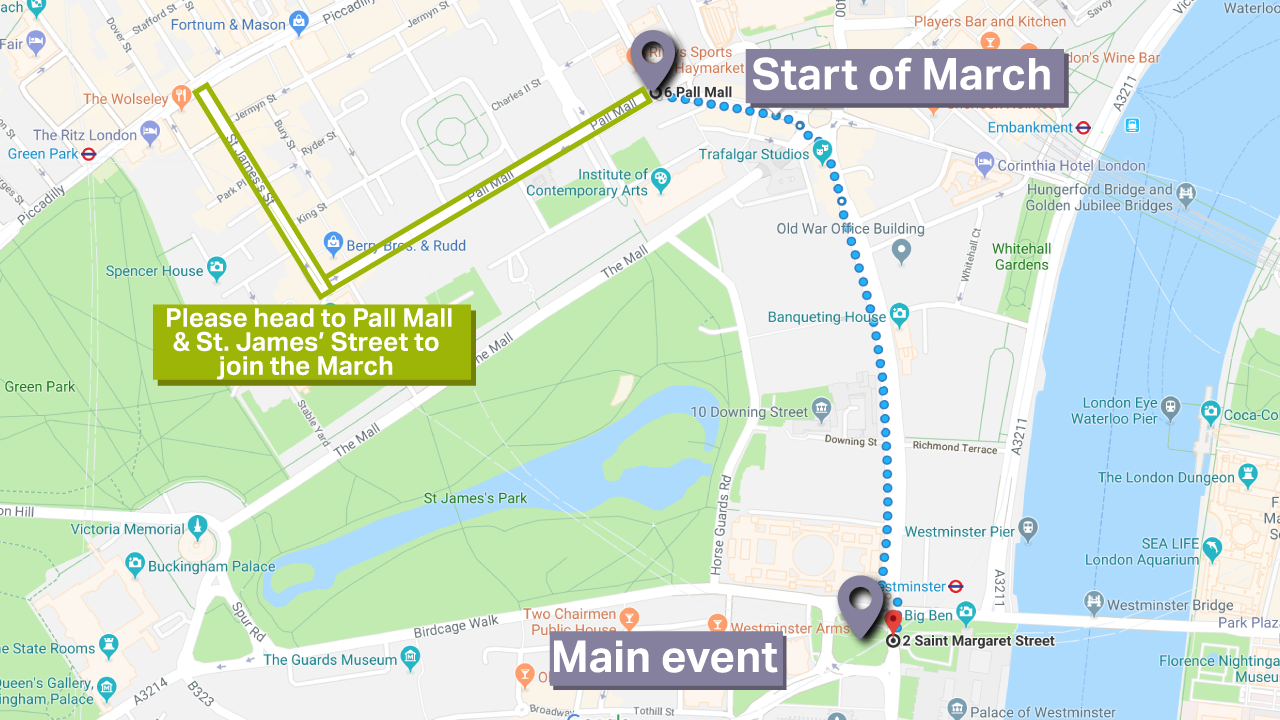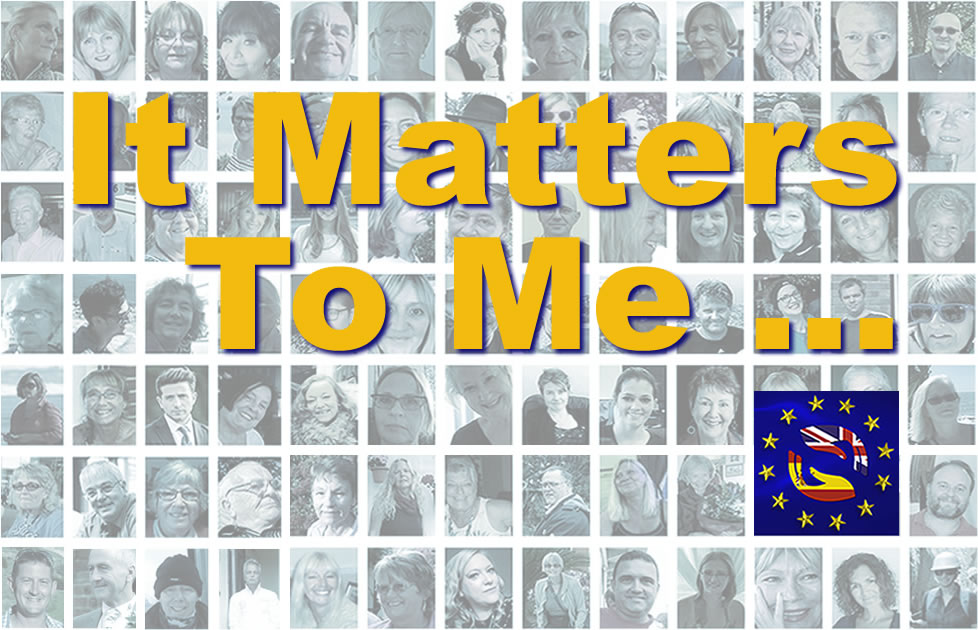
March for The People’s Vote
March for a People’s Vote
12pm Saturday 23rd June, Pall Mall, London
On the 23rd of June, Bremain will march to Parliament Square to demand a vote on the final Brexit deal ………..
Join us, for this historic event!
Who is supporting the march?
The March for a People’s Vote is being supported by organisations including Open Britain, European Movement UK, Britain for Europe, Our Future our Choice, For our Future’s Sake, Healthier In, Scientists for EU, Trade Deal Watch, Wales for Europe, In Facts and others.
https://youtu.be/Ueqe54ak3GI
What are we marching for? A People’s Vote on the final Brexit deal!
Why are we marching for a People’s Vote?
- New facts have come to light about the costs and complexity of Brexit that no one could have known at the time of the referendum.
- Promises made by politicians about Brexit, like more money for our NHS, are not going to be kept.
- The Brexit process is a complete mess and the negotiations are going badly, which makes it more likely that we will get a bad deal.
- The Westminster elite is making a mess of it.

When are we marching?
Saturday 23rd June, 2018
The main PeoplesVoteMarch will be meeting at Pall Mall from 1200. The march will follow the route below and finish in Parliament Square, where the special guest speakers will address the crowd. Bremain in Spain members will be meeting at Buckingham Palace main gate at 1100 for a photoshoot, then at 1130 they will be joined by other groups from the British in Europe coalition, such as Brexpats – Hear our Voice, RIFT and ECREU. We will all march together, alongside EU citizens groups the 3Million, In Limbo and Espanoles en el Reino Unido.












